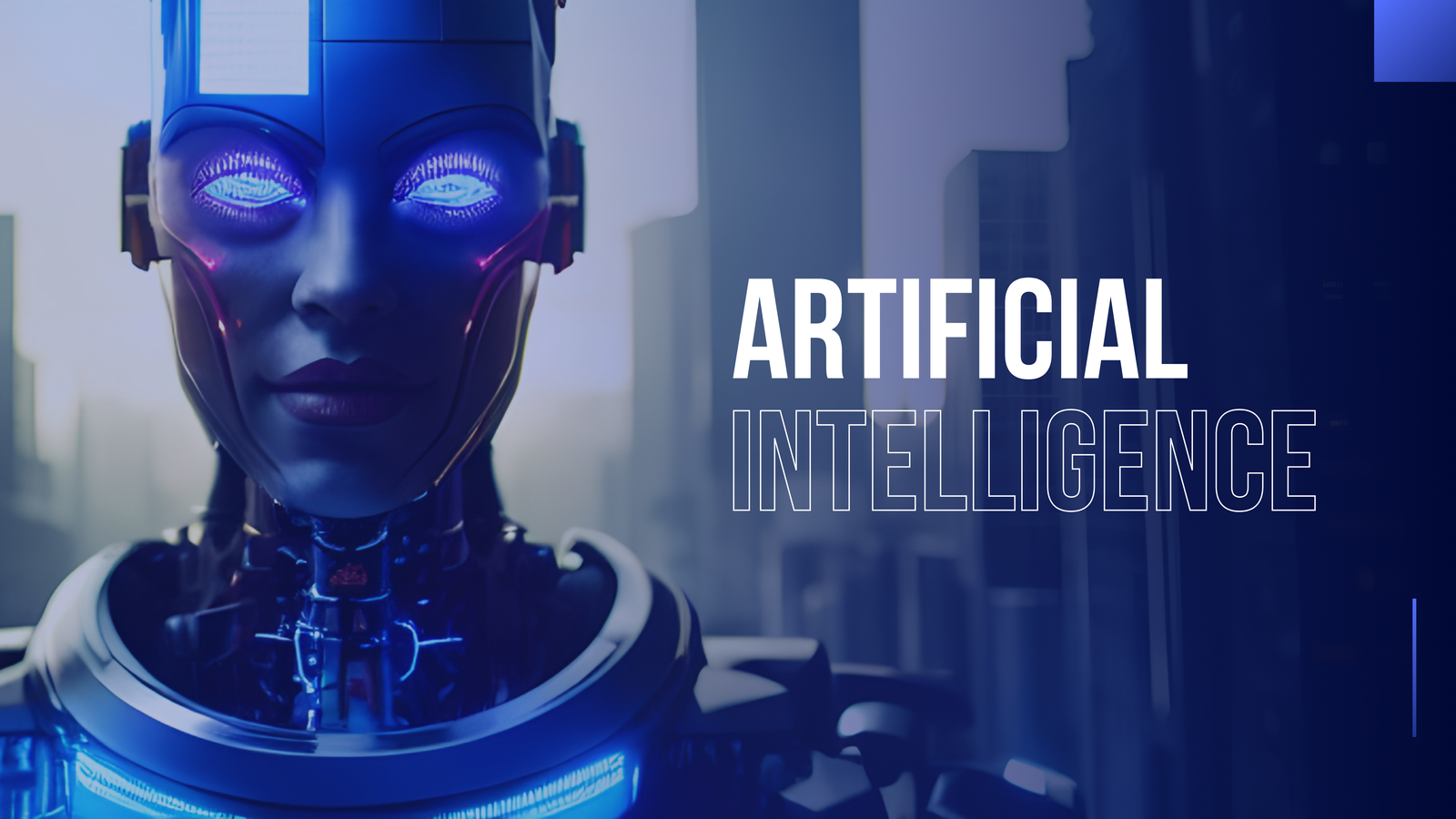2024 has seen revolutionary advances in machine learning (ML) and artificial intelligence (AI), which have changed industries and improved how people use technology. AI is becoming an essential component of the modern global economy, from advancements in healthcare to financial forecasts and education. This year marks a turning point for widespread acceptance of technology, driven by key developments. These include the rapid growth of generative AI, advancements in ethical AI systems, and their integration across various industries. With unheard-of expansion also comes the difficulty of managing moral dilemmas, legal scrutiny, and societal effects.
Key Technologies and Breakthroughs
This year, developments in artificial intelligence have expanded the capabilities of machines. The development of generative AI is one of the most noteworthy innovations. With the development of increasingly complex tools, such as Google’s Gemini AI and OpenAI’s GPT models, human-like text, voice, and even video may now be produced on an unprecedented scale.
Furthermore, academics are creating algorithms that put responsibility, transparency, and justice first, highlighting the growing emphasis on ethical AI. This includes explainable models and bias-reduction strategies that are simpler for non-technical users to comprehend and trust. The combination of artificial intelligence (AI) and quantum computing is another noteworthy invention that has significantly increased data processing speeds and predictive capacities, particularly in domains like medicine research and weather forecasting.
Real-World Applications and Case Studies
In 2024, the real-world uses of AI innovations will be just as fascinating as the technologies themselves. AI-driven diagnostics has advanced significantly in the medical field. AI systems, for instance, are now able to identify rare diseases more accurately than conventional diagnostic techniques. AI is being used by businesses like DeepMind Health to offer individualised therapy recommendations, especially for cardiovascular and cancer conditions.
AI has assumed a predictive role in the financial industry, strengthening fraud detection systems and boosting market forecasts. To lower risks and increase profitability, big banks like JPMorgan Chase and Citigroup have embraced cutting-edge AI algorithms to make trading decisions in real-time.
AI tools, such as adaptive learning platforms, have revolutionised education by giving pupils individualised curricula based on their unique learning styles and aptitudes. AI is being used by governments for smart city planning, which optimises urban infrastructure and lowers energy use through real-time data analysis.
Challenges and Ethical Concerns
Even while the discoveries are thrilling, there are many obstacles to overcome. The ethical ramifications of AI are among the main issues. The development of deepfakes and false information is a concern as generative AI gains strength since it has the potential to undermine social trust and destabilise political systems.
Furthermore, there are still unresolved data privacy issues. Large volumes of user data are necessary for AI systems to operate, raising questions about how businesses handle, store, and protect this data. In response, international regulatory organizations—such as the European Union’s AI Act—are attempting to guarantee that the advancement of AI complies with moral principles and human rights.
The unequal distribution of AI technology is another issue; since companies and wealthier countries control the majority of developments, developing countries find it difficult to keep up. Because of this digital divide, access to AI-driven solutions may become a luxury for some while becoming a need for others, thus escalating global inequality.
The Future of AI in 2025 and Beyond
The future of AI is both exciting and terrifying. Without a question, as sectors continue to incorporate AI systems, the technology will transform the global economy by providing previously unheard-of levels of efficiency and innovation. Governments, businesses, and researchers must confront the ethical and societal issues if AI is to serve humanity as a whole.
Experts estimate that by 2025, artificial intelligence will be even more important in tackling global issues including pandemic preparation, climate change, and educational inequity. A future where AI empowers rather than abuses will depend on finding a balance between technological ambition and ethical responsibility.







